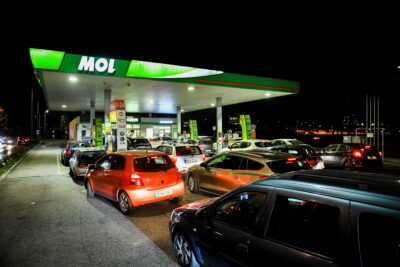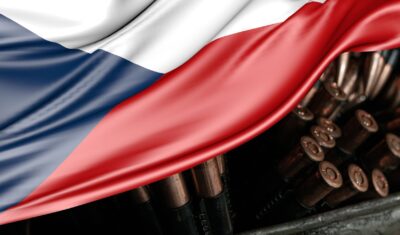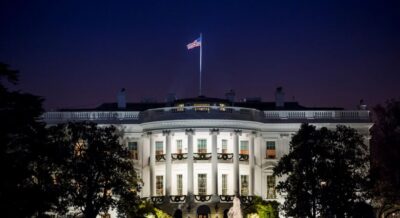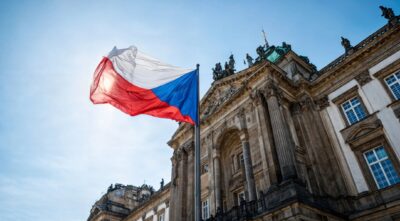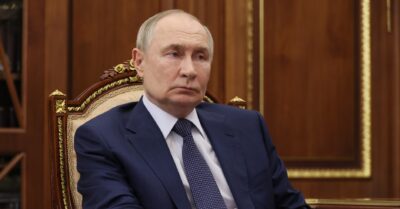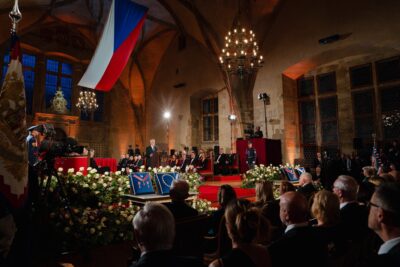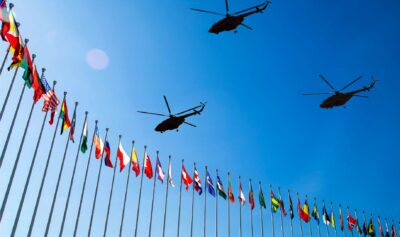Hungarian MOL Takes Over Russian Shares in Serbian Company NIS
The declaration of intent by Gazprom Neft to sell its shares in the Serbian company Naftna Industrija Srbije (NIS) to the Hungarian firm MOL[1] represents one of the most significant developments in the Central European fuel market in recent years. MOL’s entry in place of the Russian owner is expected to restore the operational continuity of the Pancevo refinery while...
More →
